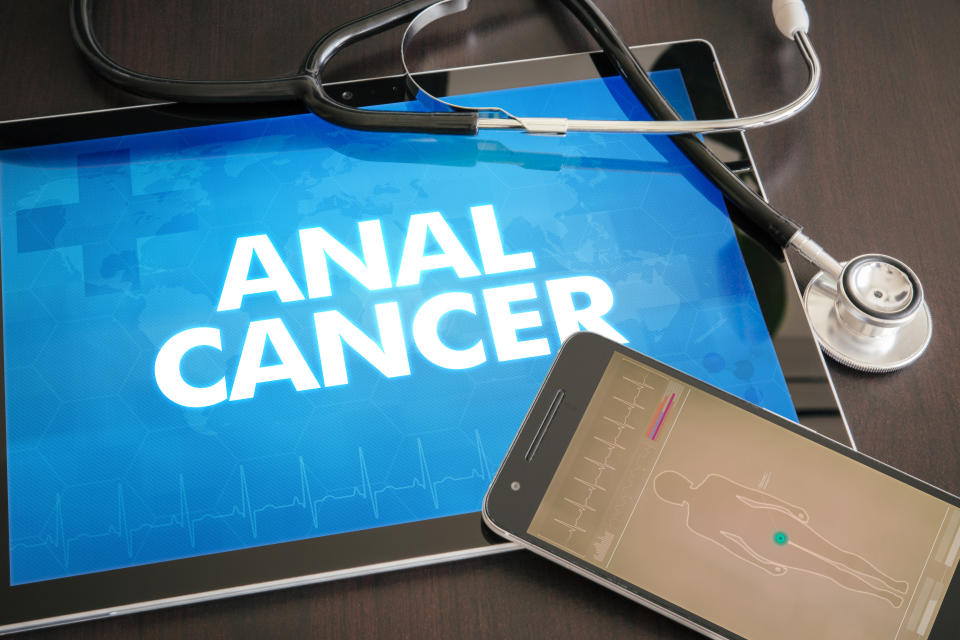'There is a lot of shame about it': Marcia Cross opens up about private battle with anal cancer

Former “Desperate Housewives” star Marcia Cross is opening up about her struggle with anal cancer.
In a new interview with People magazine, the 57-year-old actress revealed how months of “gnarly” treatment has changed her, and allowed her to find the strength to share her story.
“I want to help put a dent in the stigma around anal cancer,” Cross said. “I’ve read a lot of cancer-survivor stories, and many people, women especially were too embarrassed to say what kind of cancer they had. There is a lot of shame about it. I want that to stop.”
ALSO SEE: Ontario woman sues breast implant manufacturer after developing rare form of cancer
In 2017, the former “Melrose Place” actress discovered she had anal cancer during a digital rectal exam with her gynecologist. Cross says she was immediately sent to a colon and rectal surgeon, and began six weeks of radiation and chemotherapy soon after.
“Surgery wasn’t recommended, which was a relief. You want to preserve sphincter muscles if possible,” she said. “Having woken up to its importance, I am now a big fan of the anus.”
Cross first shared her diagnosis with fans in September 2018, when she was post-treatment, but living with hair loss from treatment.
ALSO SEE: Photo capturing white spot on toddler's eye leads to rare cancer diagnosis
The fiery redhead says she leaned on humour to help get through the hard times.
“In the beginning, I just sort of lay down for the parting of the cheeks and I would float away,” she said. “Because what are you going to do?”

Cross, who is a mother of two, is coming up on a year and a half in remission, and has been told by doctors there’s a low chance of recurrence.
“Every time I go to the bathroom, I think, ‘That’s awesome! Thank you, body,’” Cross said.
What is anal cancer?
Located at the end of the large intestine, below the rectum, the anus allows for waste to leave the body through two ring-like muscles called the sphincter. Anal cancer occurs when cancerous cells form in the tissue of the anus. According to the Mayo Clinic, most anal cancers are believed to be caused by Human papillomavirus (HPV), a sexually transmitted infection.
ALSO SEE: Meet the real life Sleeping Beauty, whose rare syndrome means she sleeps for weeks at a time
Symptoms
Tell your healthcare provider if you experience pain, itching, or bleeding from the anus, or if you detect a growth in the area.

Who is at risk?
According to the National Cancer Institute, most anal cancer diagnosis occur in people over the age of 50.
Aside from having HPV and anal fissures, engaging in receptive anal intercourse, and having many sexual partners can all increase your risk of developing anal cancer.
Smoking cigarettes also increases cancer risks.
Prevention
Safe sex practices, receiving the HPV vaccination and stoping smoking can all decrease our risk of developing anal cancer.
Let us know what you think by commenting below and tweeting @YahooStyleCA!Follow us on Twitter and Instagram.
Check out Yahoo Canada’s podcast, Make It Reign — our hot takes on all things royals in a non-stuffy way — on Apple Podcasts and Google Podcasts.



